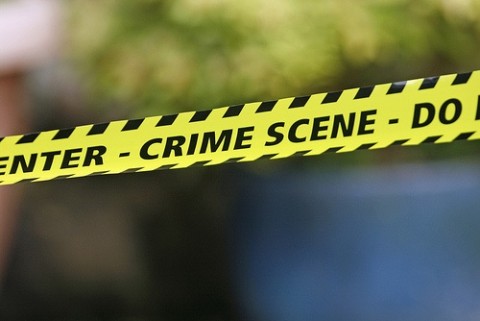Violent America

During the past year, Chicago has experienced a disturbing spate of murders of police officers. Just a few days ago a 20-year veteran of the Chicago police force, a husband and father of four, was killed during a routine investigation, along with a former police officer for the Chicago Housing Authority whose car had been burglarized. A 19-year-old parolee who returned to the scene, concerned that his fingerprints would implicate him, is charged with shooting both men several times.
Police officers have been killed four other times this year: three times during attempted robberies and once when an off-duty officer was sitting inside his SUV. Each time, the press covers a public wake and funeral. Each time, families grieve.
A large contingent of Chicago police in dress uniforms is present, the police bagpipe and drum corps plays "Amazing Grace," and politicians eulogize the deceased and lament mindless violence. Each time, I sense a deepening of public anxiety. Chicago Tribune columnist John Kass concludes that when thugs are no longer afraid of the police the barbarians have taken over.





